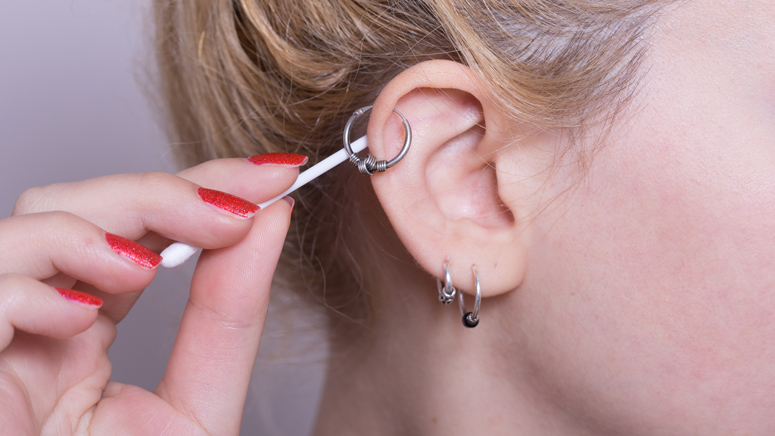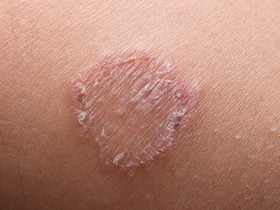Tips for Taking Care of an Ear Piercing

What happens after you have gotten your ear pierced? Taking care or cleaning your ear piercing is the most important thing to do after piercing. Take the first few weeks seriously and make sure it heals gradually. Let’s take a look at 10 helpful tips for cleaning an ear piercing:
Top 10 Tips for Cleaning an Ear Piercing
- Take care of your piercing when you do other normal hygiene habits. When you are taking a shower or brushing your teeth, ensure you clean it.
- Wash your hands: Touching your piercings with dirty hands may lead to the spread of bacteria. [5] Ensure you wash your hands with warm water and gentle soap before touching your piercing. This will help reduce the risks of having any type of infection.
- Clean your piercing using a clean cotton pad or swab dipped in salt solution: To make this solution, all you have to do is to mix 1 teaspoon of salt in a cup of warm water. You can apply this around the ear area where you got pierced multiple times in a day to kill any type of bacteria.
- Do not wipe the piercing: You can dab the piercing with a clean tissue or towel. Do not wipe the piercing as it can cause more damage to the tissue while it is still healing.
- Do not use perfumed soaps: Always use a mild antiseptic soap and water to clean the piercing. Do not use perfumed soaps to avoid inflammation.
- Always clean the pierced area anytime you remove the piercing: You should also clean the pierced area when you put it back into your ear. Bacteria may stick to a piece of jewelry when you expose it to the air or place it on a surface (table or counter).
- Don’t clean your piercing in the bathroom: Avoid cleaning your piercing in the bathroom, especially in public ones. Clean home bathrooms may also contain high amounts of bacteria.
- Don’t lie on the pierced area for long anytime you go to bed: Bacteria or moisture may get trapped in the piercing area when you sleep or lie down on your piercing. Avoid lying on your piercing to reduce the risk of developing an infection.
- Don’t get any hair or body products in the piercing area. Be careful when you use shampoo, soap, gel, pomade, hairspray, or other products that can get near the piercing and irritate the tissue.
- Check the piercing for any abnormal or discolored discharge: You can contact your piercer or healthcare provider immediately if you notice any signs of an abnormal discharge as it may indicate infection.













